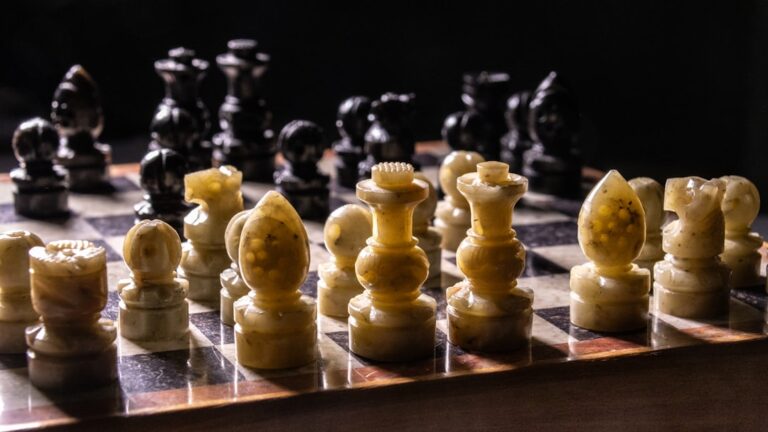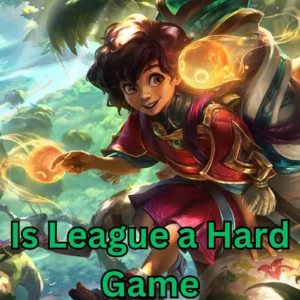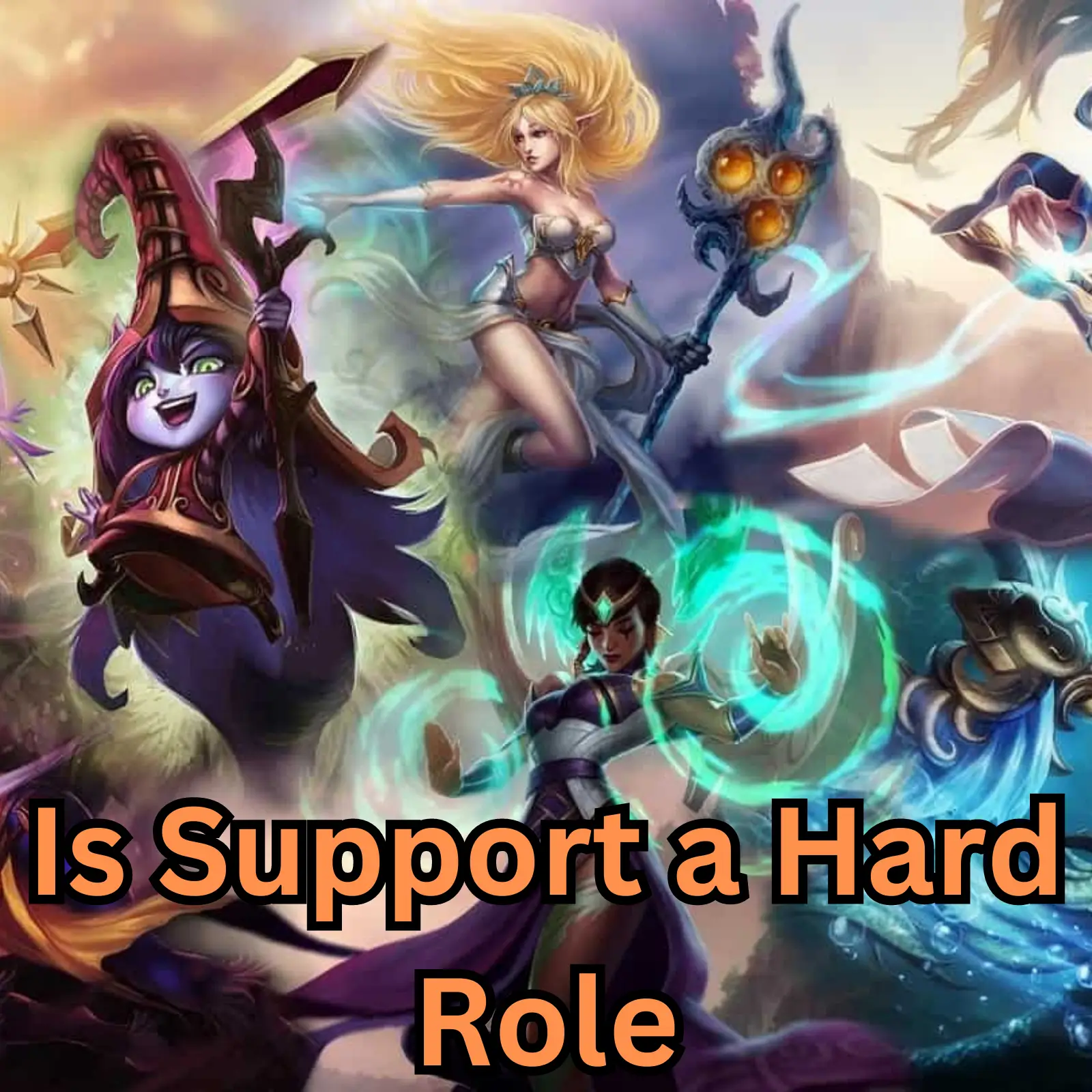
Introduction
League of Legends (LOL) is a fast-paced, competitive and complex online game. It’s classified as a MOBA by most and it has gained a massive following since his introduction in 2009. With millions of players competing all across the globe to be the best of the best many people wonder is support a hard role?
The role of support is sometimes taken for granted; some players even believe that the worst player on the team should play support instead of playing carry.
But is this idea correct? We’ll explore what makes each role different, then well move on and discuss why the role of support is not as easy as it seems from outside, and then finally we’ll close with some of the most skillful things pro support players can do to help their team win.
Understanding The Roles in League of Legends
Having a good understanding of every role in the game will help us discuss in much more detail the complexities of every role. Let’s take a look at what makes each role different and unique from each other.
Top Lane
The top laner is usually a tank or a bruiser, responsible for engaging in combat and holding their ground against the opposing top laner. They are expected to be self-sufficient and help in team fights when needed.
Jungle
The jungler roams between lanes, securing objectives, and ganking lanes to help their teammates gain an advantage. They are responsible for controlling the pace of the game and providing vision to their team.
Mid Lane
The mid laner is typically an assassin, mage or marksman, with the primary goal of dealing damage and eliminating high-priority targets. They have a significant influence on the game due to their central position on the map.
AD Carry (ADC)
Also known as the bot laner, the ADC is a marksman who is responsible for dealing consistent damage to enemies from a distance. Their power grows throughout the game, making them a significant threat in the late game.
Support
The support is the backbone of the team, assisting the ADC with vision control, healing, and crowd control. They are responsible for enabling their team to secure kills and objectives.
The Support Role: Harder than it Looks
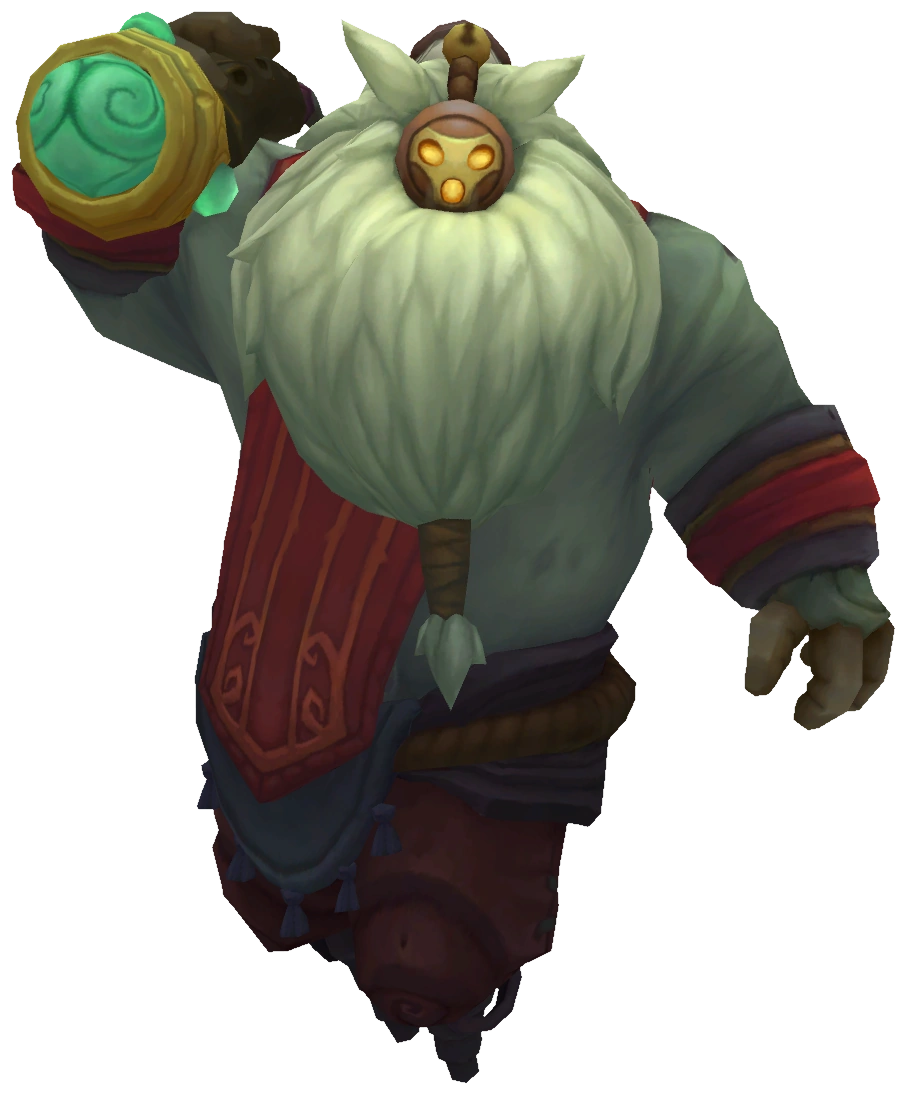
The support role is a bit different from every other role in the game, the focus of this role is not on dealing damage or with actually dealing with the enemy team directly, instead it calls for the support player to support his team mates in different tasks all to help the team finish victorious. Here are some of the reasons why playing support is actually quite hard.
1. Map Awareness and Vision Control
If you think about it, boot up any game out there and the task is most likely to defeat an enemy, another team or to just achieve some actual tangible goal. In the case of supporting another player it’s a completely different kind of game.
Map awareness and vision control work in much the same way as that concept, most players don’t even develop these skills all the way to gold (if they ever do) some even get as high as diamond and instead just master their own champions abilities, timings and combos and kill the enemy team a lot.
It’s not exactly organic or intuitive but the kind of awareness that great support players have is something that can be difficult to teach, some people even say it’s an innate talent that some have.
2. Versatility and Adaptability
Depending on the patch, support players are expected to play: Tanks, Enchanters, Assassins, Mages and even some ADCs nowadays. This kind of versality is only seen in mid lane and even they don’t actually need to deviate much from Assassins and Mages most of the time.
It’s not only class choices, support players need to be highly adaptable to the specific game scenario at hand. Most of the time they’re the weakest player on the team and that makes each of their deaths that much more important to avoid, no one wants to feed the enemy team and it’s harder here.
3. Sacrifice and Selflessness
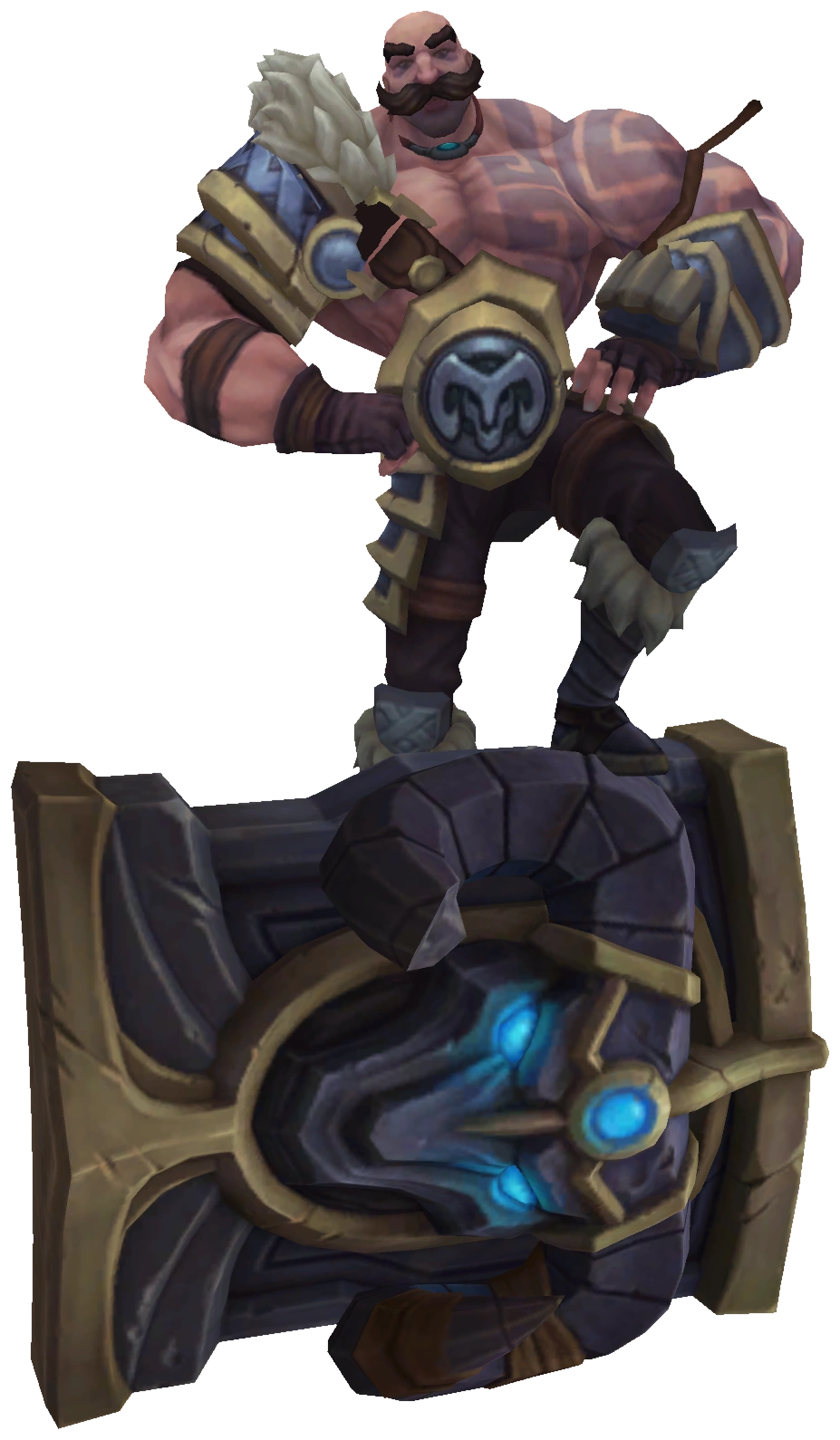
Unlike pretty much every other role in the game, support players are expected to make sacrifices for the good of the team, if someone has to die it’s probably going to be the support guy, this can mean giving up kills, gold and experience in favor of pretty much anyone on their team.
This can be difficult for some players whose idea of winning is all about doing damage, destroying objectives, towers and eventually the nexus. But as they say you can’t just have 5 chefs in the kitchen, someone needs to do the cleaning and sweeping too!
4. Decision Making and Shot Calling
As a Support player, you need to have excellent decision-making skills and be capable of shot calling in high-pressure situations. You’re expected to make calls on objectives, rotations, and engage/disengage timings. A single wrong decision can lead to your team’s defeat, and this level of responsibility can be both challenging and stressful.
In casual games you might not see anyone shot calling but in highly competitive environments having a dedicated, highly involved leader is the difference between a coordinated team of pros and a pub stack of good players.
Unlike the other roles on the team the support player is expected to have more time to survey the map and to communicate with others so this means that if you’re a dedicated support player a lot of the time leadership roles will fall to you like this.
5. Limited Recognition and Appreciation
Though essential, the Support role is often underappreciated by teammates and the broader gaming community. A well-played Support can be the difference between victory and defeat, but their contributions are often overshadowed by the damage dealers on the team. This lack of recognition can make playing Support a thankless job, even though it is vital to the team’s success.
This might be the biggest hurdle to a lot of player’s decision to play support or not, like it or not we all crave validation and no one wants to feel like their contributions don’t matter or are not appreciated.
While we can’t really change the general gaming landscape, you might find some comfort in knowing this isn’t only a gaming only problem. Support staff all over the world in all kind of industries are treated in much the same way sadly.
Best Support Players

In the hopes of infusing our readers with inspiration when queuing up as support, we have compiled a short list of some of the best support players to have played LOL in the last few years, surely no one could say these guys didn’t carry their team more than a couple of times in the past!
Hong ‘MadLife’ Min-Gi

MadLife the Korean goat of supports, even today he is regarded by many to be the best support player to never win a world championship. He played for Azubu and CJ Entus among many others.
In the Korean LOL community, it was joked that the player “MiG” (another Korean pro) name meant “MadLife is God”. He earned 80% of all the all-star votes in season 3 making him the uncontested best player in all regions.
MadLife is living proof that you can be considered one of the best and make use of all your skills as a player even from the support role.
Cho ‘Mata’ Se-Hyeong
Another great player, this guy has been known as a monster support through his career, at one point he was so good at thresh that some people jokingly commented “Is that MadLife”?
It’s a testament to his legacy that while his team (Vici Gaming) got eliminated in Worlds 2015 without winning a single match his legacy remains intact and we feel very confident ranking him as a top 3 support with no issues.
In his family there are two other professional players and they’re all support players too!
Zaqueri ‘Aphromoo’ Black
Known as a witty and smart player, Aphromoo made a name for himself in the NA scene quickly and helped CLG become one of the best teams on the region for years.
His impact and longevity are so great that he attended every worlds from the period going from 2014 to 2017 playing for multiple teams.
Conclusion
Thanks to its unique challenges like the exceptional map awareness required, great versatile and personal sacrifice many people say that support is a hard role, and we tend to agree. While you can get by while playing enchanters behind your ADC, you’re not going to go far in the rankings playing like that.
The best support players impose themselves on their lane and improve their team’s chances of winning tremendously. Many go so far as to carry their team with their great leadership and the stability they provide to the game.



